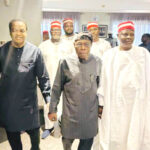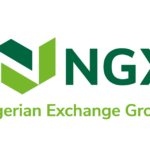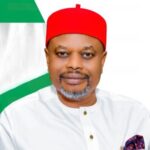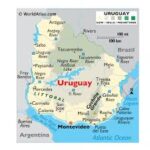A little book I read way back in secondary school, This is Our Chance, made a deep impression on me and it has remained. One of the popular quotes from that drama book, by Ene Henshaw, is: “A mighty wind shall blow, a heavy rain shall fall. There shall be destruction. After the destruction, all shall not be the same again”. Forgive me, if I missed part of that speech by Bambulu, the main character of that book.
Bambulu was talking about an imminent revolution that was about to shake the foundations of a society that had been steeped in traditions and customs, which were about to change.
As a nation, Nigeria is on the verge of an event that will lead to changes in its life on the political, social, and economic planes. The country holds a general election in a year’s time, and as a ritual, it has been accepted that the year preceding the election is a critical one. Like the society that Bambulu spoke about, the Nigerian electoral processes have been steeped in practices that threaten the very foundation of the society. So, as usual, there is apprehension everywhere: from worries about increased thuggery, armed robbery, and ritual killings, to increased spending of the naira mostly on unproductive activities. Between now and the end of the polls sometime next year, millions of people will come into money that they did not, in the real sense, work for. That is if you accept that one’s claim to financial assets should be a result of the value they have created in the form of goods and services that contribute to meeting the genuine needs of others.
The last point is already capturing the attention of analysts, who warn that, as usual, pre-election year spending in Nigeria is certain to put pressure on the price level and will certainly lead to an inflationary spiral in the economy.
Why is that so? This happens because much of the funds that will be spent will go to acts that produce neither services nor goods in the real economic sense. The millions of naira and even dollars that will be spent or sprayed at rallies will simply lead to an increased money supply in the system. It will not add any corresponding increase in goods and services. Perhaps, apart from the printing of election posters and a few other activities, the funds usually go to oil the political machinery to clear the way for the contestants, sometimes pitting one camp or party against the other. Such acts, as seemingly harmless as they appear, are actually a headache to the central bank governor. So, Godwin Emefiele (is he in the race, himself?) knows that the CBN’s calculations or assumption about money supply or money in circulation will be rendered out of date by the avalanche of money that will be released by the political gladiators.
So, as in the case from the book quoted above, the managers of our economy are always apprehensive at the approach of any national election because they know it is a time of spending without production; receiving money with which to lay claim on goods and services without a reciprocal productive activity. This is the bane of sound economic management in the country.
When people wait for money rain to fall so they can collect as much as they can without restraint, the incentive to work is dampened. The recipients care less about their spending because even when prices rise, they know their supply will rise to the challenge.
GTCO Holding Company Plc (formerly Guaranty Trust Bank Plc), captured this phenomenon in its Macroeconomic Review released on Monday. “Overall, the huge spending and cash distribution that typifies campaigns and electioneering in the country pose downside risks to headline inflation. Consequently, we expect inflation to average 16.3% in 2022.”
Some of the spendings will go into investments on the foot soldiers of political big wigs, who will be ready to do the master’s bidding. It will not be money to train and equip young people with skills to live productive lives; it will not be money spent to make them more creative in one area of the emerging knowledge economy. Rather, the money could be spent as a reward given upfront for helping to rig election, or to undertake one heinous crime or the other along the election process.
The resultant inflation will have its consequences on the general economy. Costs will rise further, including the cost of funds. Fixed-income yields will rise to retain their attractiveness in the face of higher inflation rates. These will put extra pressure on everyone: companies that want to borrow funds for business expansion or normal operations, and the ultimate consumers of goods and services. And all these will happen just because some people out of their ambitions to capture power will spend money on negative activities and in the process empower some miscreants with money that empowers them to lay claims on goods and services.
In some cases, it is really appropriate to say that what these funds pay for are negative goods and services. Society could still have free and fair elections without much of the money that will be dished out between now and the conclusion of the elections.
This scenario is not new, nor is it unique to those gunning for one post or the other now. It has been so with us. It is an unnecessary cost imputed on the rest of us by a defective electoral system that makes such spending possible in the first place.
The challenge is therefore how to make elections and electioneering campaigns less expensive, less harmful, and disruptive to the economy. There have been reports of election spending limits being set but everyone knows that the political parties only observe this in default. In fact, it is obvious that the two leading political parties– APC and PDP–struggle to see who will spend more than the other.
Pray, who will help Nigeria out? Will the parties talk to their candidates? Who will talk to money bags? Who will speak on behalf of the economy that is already prostrate, emasculated by a myriad of challenges? Unrestrained election spending will only worsen our woes. Will INEC invoke any relevant laws on spending by the politicians and their parties?
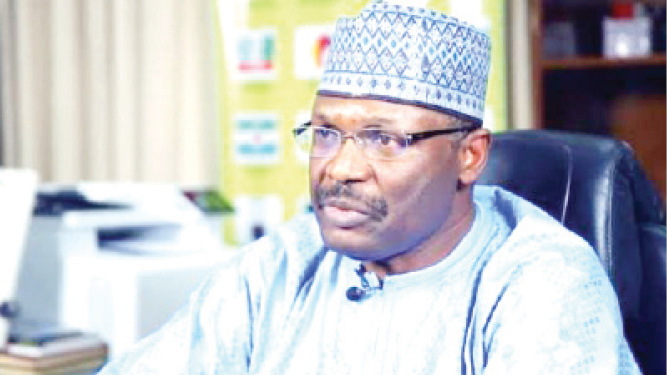
 Join Daily Trust WhatsApp Community For Quick Access To News and Happenings Around You.
Join Daily Trust WhatsApp Community For Quick Access To News and Happenings Around You.